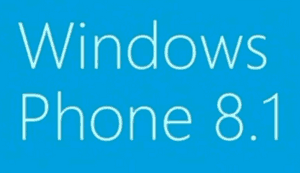 If you’re a “gamer” you understand the importance of raw hardware performance in a gaming PC. Well, I recently had the opportunity to check out the best gaming laptops I have ever seen.
If you’re a “gamer” you understand the importance of raw hardware performance in a gaming PC. Well, I recently had the opportunity to check out the best gaming laptops I have ever seen.
The ASUS ROG G750JZ-DS71 17.3-inch Gaming Laptop is a veritable gamer’s dream machine.
It comes standard with an Intel Core i7-4700HQ 2.4Ghz CPU, 24GB of DDR3 RAM, a 1TB 7200RPM hard drive and a 256GB SSD. Yes, that’s right. This laptop comes with both a hard drive and a solid state drive!
The screen on this computer is a very nice 17.3″ FHD (1920*1080) anti-glare display that will really bring your graphics, videos and photos to life. [Read more…]
 If you own a Belkin router and you can’t seem to connect to the Internet today, the problem is most likely the result of Belkin pushing a faulty firmware update to your router.
If you own a Belkin router and you can’t seem to connect to the Internet today, the problem is most likely the result of Belkin pushing a faulty firmware update to your router.
 Well, the hacking of major business websites continues unabated, and the latest breach involves one of the largest financial services firms in the world.
Well, the hacking of major business websites continues unabated, and the latest breach involves one of the largest financial services firms in the world. If you’re the adventurous type you can download the “Technical Preview” version of Windows 10 and install it on your PC today, for free!
If you’re the adventurous type you can download the “Technical Preview” version of Windows 10 and install it on your PC today, for free!